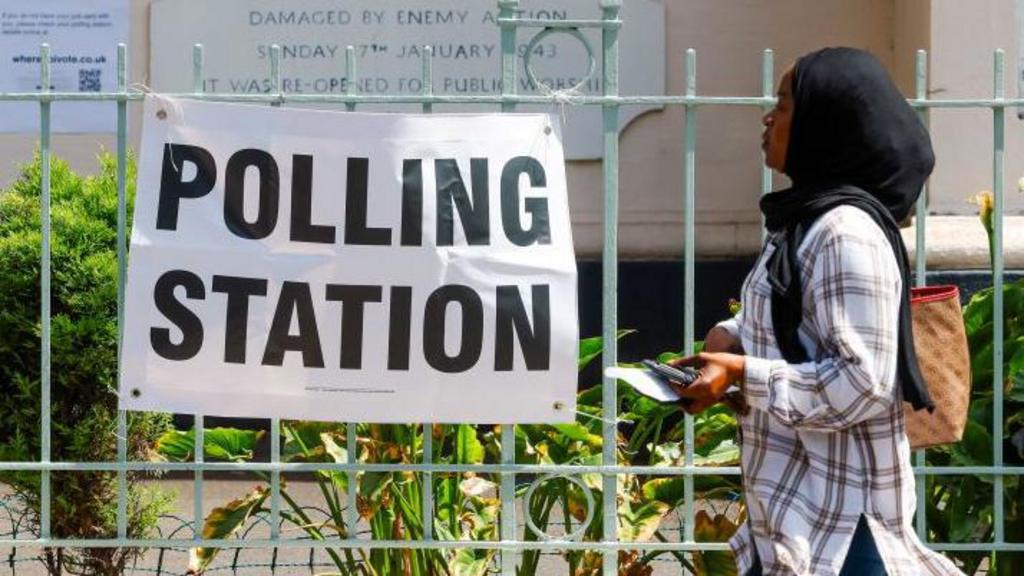The government has announced that the voting age will be lowered to 16 across the UK ahead of the next general election.
Accompanying this change are planned reforms including the acceptance of a wider range of voter ID and a move towards automatic voter registration.
These adjustments will enfranchise approximately 1.5 million 16 and 17-year-olds, granting them the right to vote in the next general election, which must occur by 2029 but could be called sooner.
Government officials state that this initiative aims to empower young people by giving them a voice in the governance of the UK.
“At 16, individuals are permitted to work, pay taxes, and enlist in the armed forces. Therefore, there is a sound basis for granting them the right to participate in the selection of those who govern the nation,” stated Democracy Minister Rushanara Ali.
The commitment to lower the voting age was a key component of Labour’s 2024 election manifesto.
This reform represents the most substantial alteration to the electorate’s composition since the voting age was lowered from 21 to 18 in 1969.
The change will enable 16-year-olds to vote in all elections throughout the UK. Aligning with the practice in Scotland, young people will also be eligible to register to vote from the age of 14.
Currently, the minimum voting age stands at 16 for local council elections in Scotland and Wales, as well as for elections to the Welsh Parliament and Scottish Parliament.
However, the existing regulations mandate that individuals must be 18 to vote in UK parliamentary elections, local elections in England, and all elections in Northern Ireland.
The eligibility to stand as a candidate will remain at 18.
Going forward, voters will be able to verify their identity using a UK-issued bank card displaying their name, according to government sources.
Since May 2023, voters in England, Scotland, and Wales have been required to present valid photo identification to vote in person in all general, local, and national elections.
Presently, over 20 forms of ID are deemed acceptable, including passports, driving licenses, bus passes, and Armed Forces Veteran Cards.
Those without valid identification can apply for a free Voter Authority Certificate.
However, the Electoral Commission, which oversees UK elections, reports that approximately 4% of individuals who did not vote in the 2024 general election cited voter ID rules as the reason.
The regulations differ in Northern Ireland, where voters have been required to present photo identification since 2003.
The Electoral Commission estimates that roughly seven million individuals are either incorrectly registered or absent from the electoral register, thereby precluding them from voting.
The Commission notes that private renters and young people are disproportionately affected.
The government aims to establish an automated voter registration system in the coming years, with safeguards in place to ensure that individuals are informed of their registration status and have the option to opt-out.
Voters will be required to actively opt-in to be included in the open electoral register, which is publicly accessible. Individuals under the age of 16 will not appear on the open register.
A 2023 report by the Electoral Commission suggested that automated registration could involve entities such as the Passport Office providing Electoral Registration Officers with the names and addresses of eligible voters.
Currently, eligible adults in the UK must register to vote. This can be done online or via a paper form.
The government intends to amend the deadline for postal vote applications.
The deadline will be moved from 11 to 14 working days before polling day.
This adjustment is intended to enhance the likelihood that individuals receive their ballots in a timely manner.
Regulations concerning party donations will also be strengthened, with the government stating that this will aid in combating foreign interference in UK elections.
Companies will be required to demonstrate sufficient income in the UK or Ireland to be eligible to make donations.
Parties will be obligated to assess the status of potential donors prior to accepting funds.
The Electoral Commission will be empowered to issue fines of up to £500,000 to those who violate the regulations.
The National Union of Students has lauded the decision to lower the voting age as a “landmark moment for democracy.”
The Liberal Democrats have also voiced their support for the decision to enfranchise 16 and 17-year-olds, while urging the government to take further action to address foreign interference in elections.
The Conservatives have characterized the age policy as “hopelessly confused,” noting that 16-year-olds are not permitted to “marry, go to war, or even stand in elections.”
The party has also criticized the timing of the announcement, asserting that the imminent summer recess will prevent Parliament from scrutinizing the proposals until September.
Reform UK has stated that 16 and 17-year-olds should not be entitled to vote in elections where they are ineligible to participate as candidates.
The latest date for the dissolution of Parliament for a general election is the fifth anniversary of the day it first convened.
However, a subsequent period of 25 working days is required for election preparations.
The current Parliament commenced on 9 July, implying that the next general election must be held by August 2029.
Nonetheless, the Prime Minister retains the authority to call an election at a time of their choosing within the five-year term, subject to the King’s formal approval.

